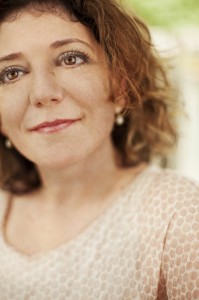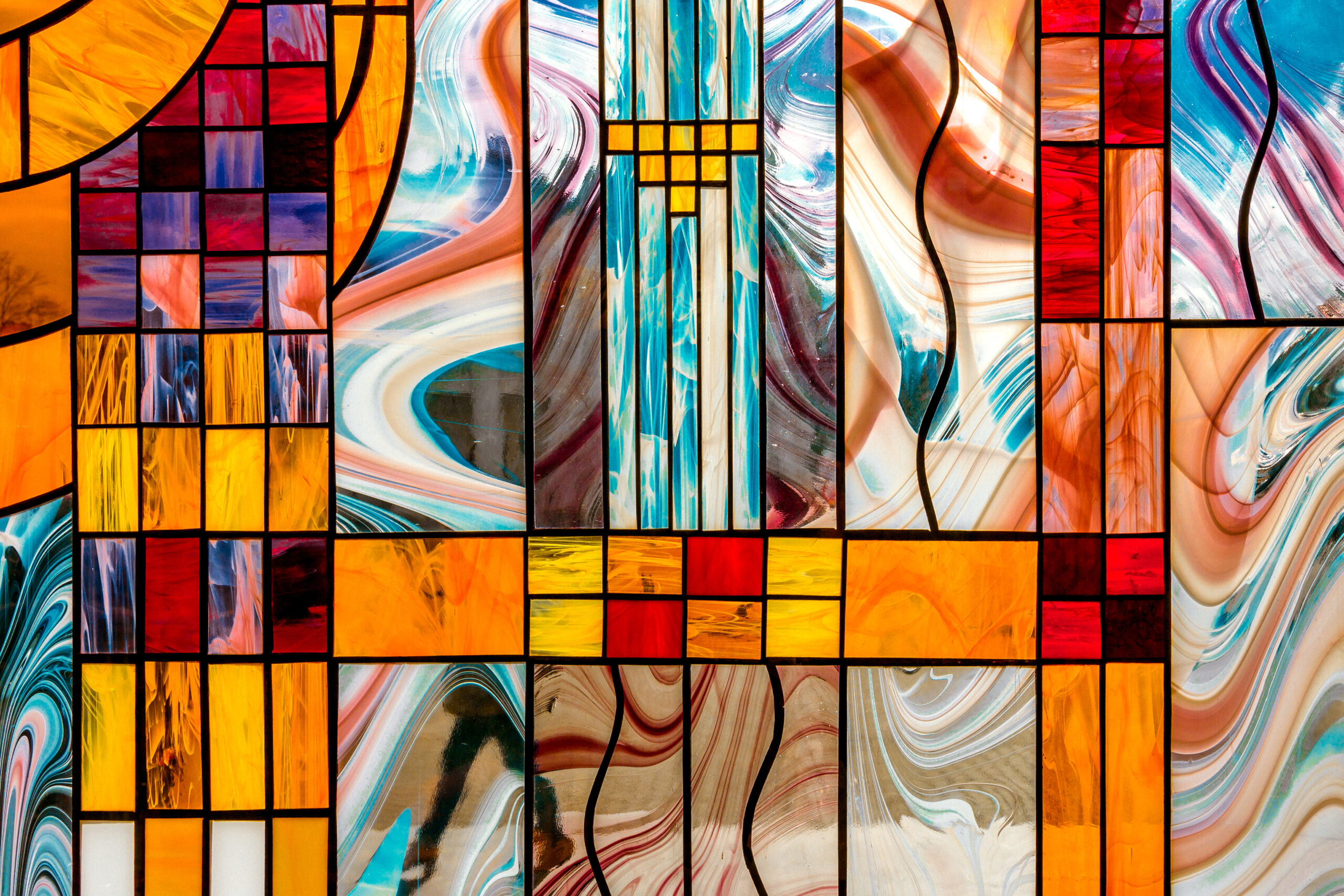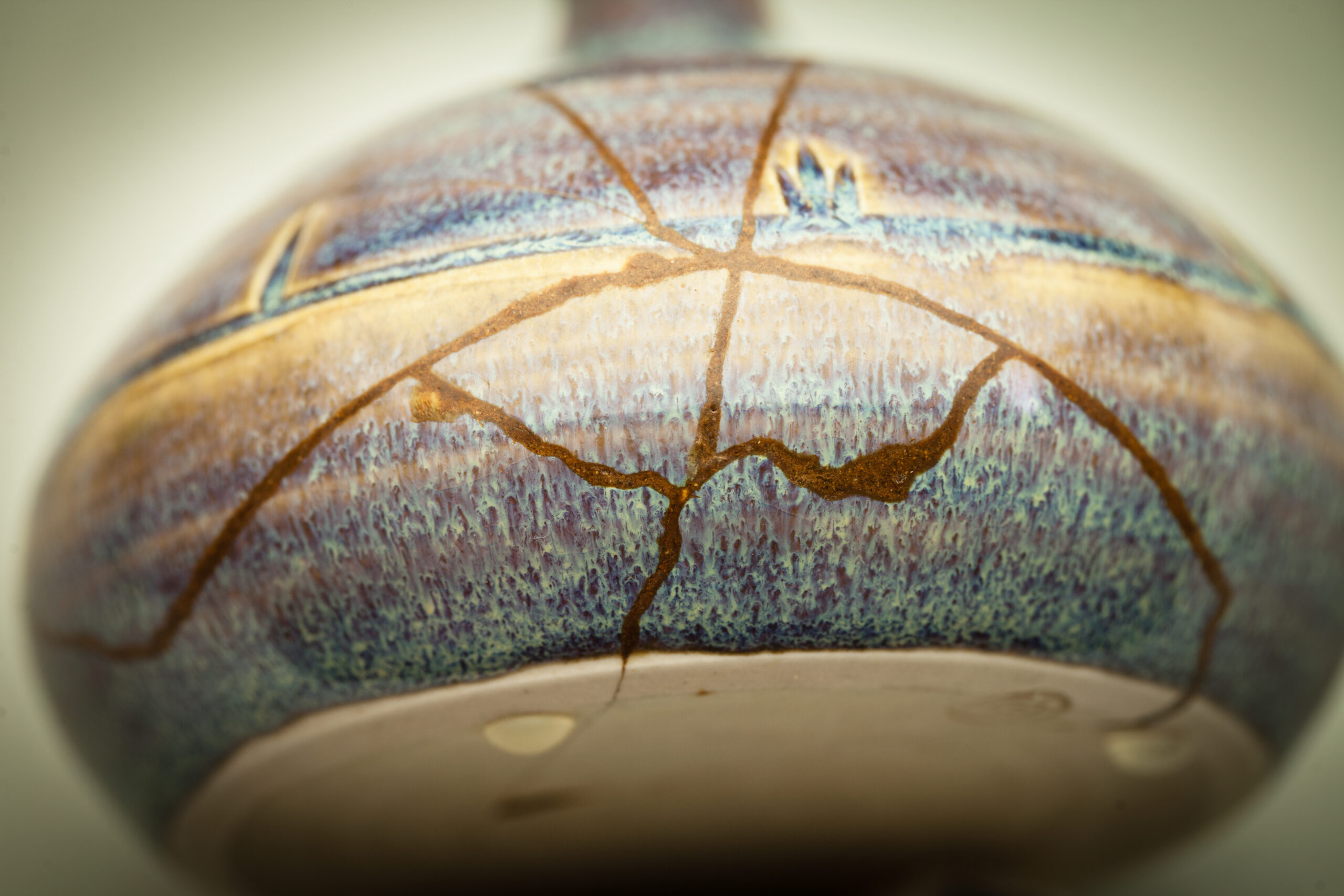Katie Steedly’s first-person piece [The Unspeakable Gift] is a riveting retelling of her participation in a National Institutes of Health study that aided her quest to come to grips with her life of living with a rare genetic disorder. Her writing is superb.
In recognition of receiving the Dateline Award for the Washingtonian Magazine essay, The Unspeakable Gift.
Enter your email here to receive Weekly Wide-Awake
Thank You Maxine Greene

Dear Dr. Steedly,
Belatedly, I thank you for your generous letter, and, more than that, for the opportunity to read your beautiful, scholarly dissertation. It is not only the overlap of our commitments. It is the authenticity of your “class notes”; and it is the delicacy and skill with which you present the nuances of classroom life and the actuality of your students’ and fellow teachers’ lives.
I hope you publish it as a whole or in sections. The best of luck, and thanks again.
Sincerely,
Maxine Greene
About a year after I finished my doctorate, I found the courage to send a thank you note and a copy of my dissertation to Maxine Greene. Maxine Greene responded with a hand written note. I immediately framed the note as both a reminder and inspiration. She is a big deal to me and many others. I built upon the concept of wide-awakeness in my dissertation, and Maxine Greene helped me understand the idea’s truth. Drawing from existential philosophy, she asked deep questions about experience and meaning-making. My dissertation explored those concepts in the high school drama classroom. I stood on her shoulders in my work. She paved my way. To thank her for her role in my journey seemed necessary. To have her validate my work still makes me pause in gratitude. I hang on each adjective. I fully accept the challenge presented by the overlap of our commitments.
I learned several things from my exchange with Maxine Greene.
Find Your Maxine
Early in my doctoral studies, my dissertation chair asked me to think about the books I schlep around in deciding on a focus for my work. What was I carrying with me through the 100-degree Texas heat? Several of Maxine Greene’s books were always in my backpack. Her early work framed existentialism in a way that made sense to me: a person who was thinking about the soul of our educational system. Her later progressivist work argued for schools that put the arts and democracy front and center and focused on cultivating imagination. (That spoke to my drama teacher self.) One of my favorite Greene ideas is “Imagination makes empathy possible.”
Just as I found Maxine Greene, we are all called to find the teacher, artist, philosopher, scientist, inventor, theologian, yogi, or other person who resonates with our unique truth. We must find that person who talks to the special place in our hearts reserved for unbridled creativity, optimism, and fearlessness. When you find that person (or persons):
- Study with them.
- Learn from them.
- Grow in your understanding of yourself through their work.
- Let the inspiration they provide fuel your passion.
- Share your passion with the world.
Acknowledgement Matters
I had no idea I would hear from Maxine Greene when I sent her my dissertation. I just wanted to share my work with her because she had played a profound role. Her work made my work possible. She was a woman in “the academy” when few women were there. She was a philosopher in a world more concerned with efficiency than experience. She was a teacher who encouraged every student to think deeply about the world that we are creating through our lives. She taught me that “we are not yet.” I needed to say thank you. Her generous response is a testament to the value of acknowledgment. No one does this alone, and we must lift those that help us along the way.
Don’t Be Afraid to Think Big Ideas
“Accountability” and “standards” have been the mantra of our educational system for many years. I was in graduate school in Texas, a state that provided a framework for No Child Left Behind — the 2002 re-authorzation of the Elementary and Secondary Education Act. Tell a committee of scholars that you intend to study wide-awakeness within that landscape, and you quickly understand fear has no role in pursuing your heart’s desire. I wanted to ask a question that had philosophical importance. I wanted to think about the experiences of students in schools. I had a dissertation chair and committee that backed me up. Ultimately, it was possible. Have the courage of your convictions. That is what matters.
Do Philosophy
One of my favorite things discussed by Greene is the idea that we can all do philosophy. Simply understood, doing philosophy means life aligned with our commitments, ethical compass, creative energy, and highest thought. If we are scientists, we must engage in science. If we are doctors, we must practice medicine. If we are chefs, we must cook. If we are preachers, we must preach. If we are artists, we must create art. If we are teachers, we must teach. If we are writers, we must write. In this light, philosophy manifests in action, leading to a more compassionate and just world.
Greene views the arts as a primary way to do philosophy. The heart of doing philosophy is about imagination and creativity. Greene uses the Wallace Stevens poem “The Man with the Blue Guitar” to illustrate that our sole boundary is a world we cannot imagine.
About Katie

From Louisville. Live in Atlanta. Curious by nature. Researcher by education. Writer by practice. Grateful heart by desire.
Buy the Book!
The Stage Is On Fire, a memoir about hope and change, reasons for voyaging, and dreams burning down can be purchased on Amazon.





